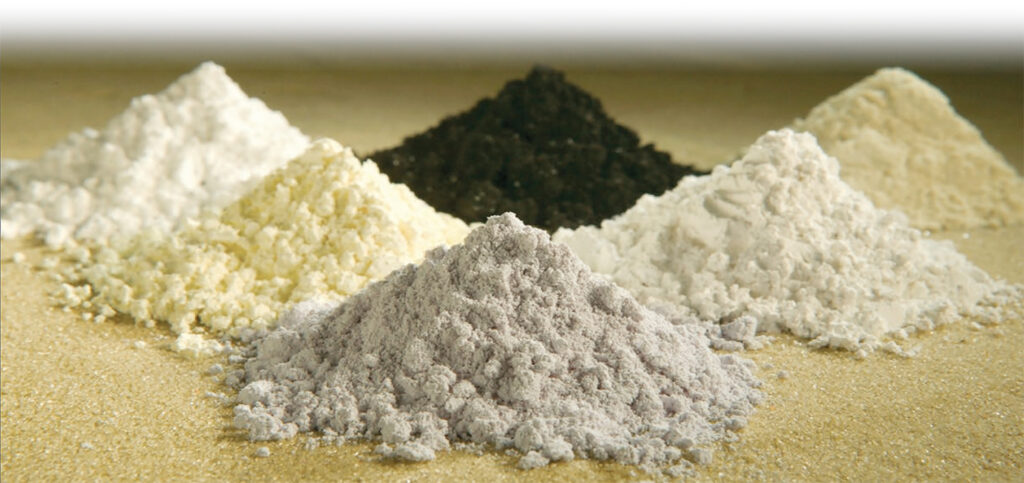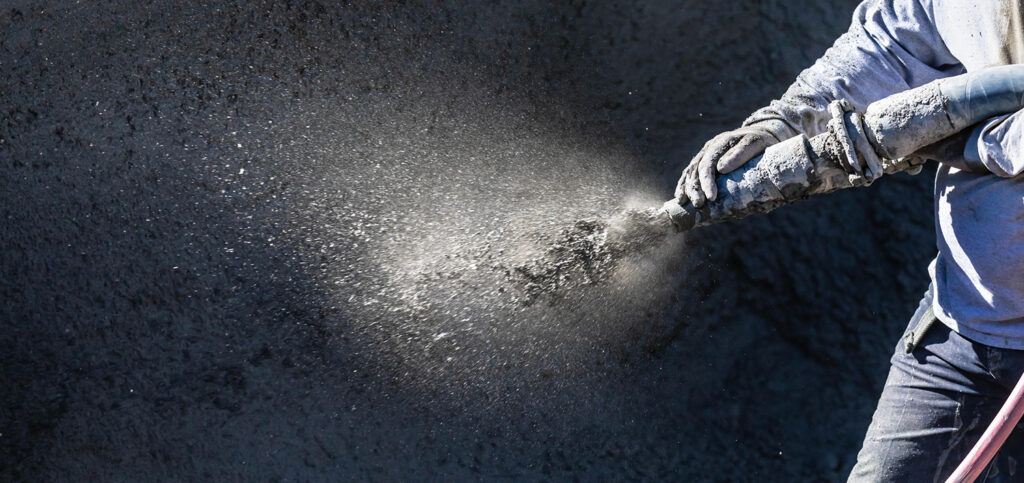The BluCem ZeoGlass formulation includes the use of two, non-traditional concrete materials; Calcium and silica. These supplementary cementitious materials (SCMs) not only reduce our environmental impact, but the SCMs also improve the durability of the structural sewer liner. 
Calcium: Conventional geopolymer concretes will not activate in the presence of Calcium ions, yet Calcium is an abundant, available element and is one of many potential future raw material sources.
This advancement allows for the manufacture of a grout, screed, concrete or dry spray shotcrete that can function in a wide range of service temperatures without degradation by acid sulphate attack. The CAS binder displays excellent resistance to citric and gluconic acids and has the added benefit of providing alkali passivity to facilitate the protection of steel reinforcements. Read more in the Technical Note.
Silica Sources: The silica sources that make up the ZeoCem binder also include a wide range of raw materials including slag, fly ash, waste glass, hydrothermal silica deposits, clays or other silicate containing materials. These synthesized ingredients also include a source of ‘available’ aluminium. That is, aluminium that is taken up into the structure of the polymer. This allows for sufficient alumina gel to form on the surface and resist aggressive acidic environments for up to 3 times as long as regular OPC concrete (30-45 years).
Often, the inclusion of environmentally sustainable materials reduces a product’s performance and durability (e.g. paper straws).
The ZeoGlass formulation, however, offers a rare win-win solution. The product includes a large percentage of recycled SCM by-products which improves the product’s durability and design life.
This was the defining feature that resulted in BluCem ZeoGlass’ win at the Australian Financial Review – 2020/21 Innovation Awards.
To learn more, click the link below or contact our Technical Team on 1300 0 BLUEY.

